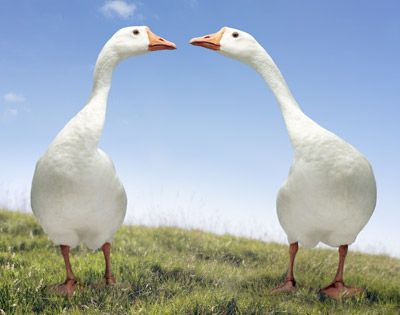Opposites attract? Well, maybe not, when it comes to marriage. Numerous studies have shown that humans pick partners who resemble them in terms of race, ethnicity, religion, age, income, body type and a host of other factors [source: Dunham]. This propensity to choose an "identical" partner is known as assortative mating, and it proves that a love connection is much more than a matter of fate; it's the result of careful choices and evaluation, even if you're not necessarily aware that you're doing it.
What's more, studies reveal that not only do people pick partners who share their personality and values, but these shared characteristics boost marital satisfaction for both partners [source: Luo and Klohnen].
Advertisement
Just how far does that desire for a similar mate extend? A 2013 study conducted at the University of Colorado Boulder suggests that this similarity is more than skin-deep; in fact, it's in the genes. By studying 825 couples, researchers discovered that married couples have more similar gene profiles than random pairs of people [source: Domingue et al]. While the DNA similarities were statistically significant, the researchers found that genetics have only about one-third of the influence on mate selection in comparison to education. That means you're more likely to pick a husband or wife with a similar education level than you are to choose one with similar genes.
This relationship between genes and marriage held true even after scientists accounted for things like race and geography, which could explain why couples share similar genetics. Of course, this research is fairly new and much more work needs to be done to determine the extent of marital genetic similarity. The study was also limited in that it focused on older, white, opposite-sex couples, so it could turn out that people of color or same-sex couples don't share this DNA bond.
The link between marriage and genetics could potentially help explain why married couples seem to grow to look alike over the years. Sure, environment and lifestyle play a factor, but it could be that these couples would simply share some physical similarities whether they married or not thanks to the work of genetics.
Advertisement



